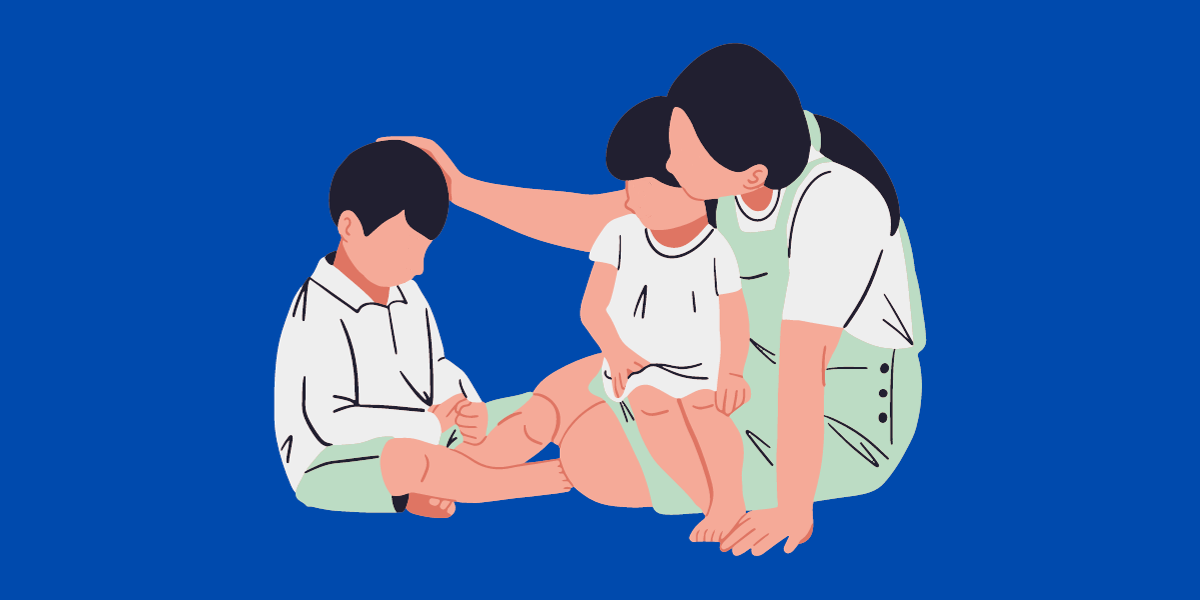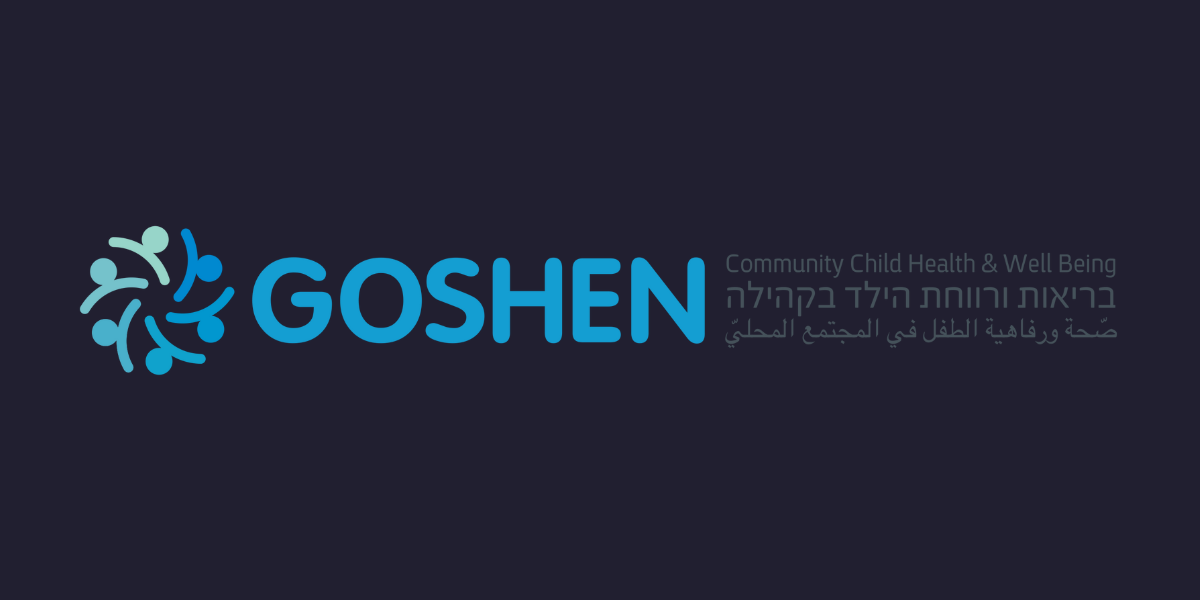Israeli Scene
How to Explain the War to Children

At a time when the Hebrew phrase “ayn milim” (no words) is commonly heard in reaction to the atrocities of October 7 and Israel’s war with Hamas, an Israeli nonprofit dedicated to children’s welfare is helping parents find the appropriate language to talk to their children about the situation.
Goshen, based in Jerusalem, has developed what it is calling a dictionary to assist parents and caregivers in addressing the war. Titled What Do You Say When There Are No Words? Age-appropriate Explanations for Conversation With Children About the War, the guide is aimed largely at Israeli parents of preschool through elementary-school aged children. American families may also find the guide helpful, according to psychologist Maya Yaari, who helped write it with pediatricians Drs. Hava Gadassi and Dafna Idan Prusak. However, she recommends that a mental health professional make some adjustments for that audience.
Available in English and Hebrew through Goshen’s website, the guide provides explanations for over a dozen expressions and terms that children are now hearing on the news and on social media as well as from friends, from “terrorists” and “Hamas” to “shiva” and “hostage.” Each term is presented with several suggested phrases tailored to a child’s age and level of understanding. (The guide is not meant for children who have experienced severe trauma due to the war.)
“There are no ‘right’ words to describe a reality that is so wrong,” the authors note in the guide’s introduction. “At the same time, providing space to have a conversation with children is very important.”

“The dictionary is supposed to help children emotionally and also help parents find the right words to talk to them in a war situation,” Adit Barnett, director of resource development at Goshen, wrote in an email.
Goshen has ties to the Hadassah Medical Organization. Indeed, its chair is Dr. Eitan Kerem, head of pediatrics at HMO. In addition to the new guide for parents, Goshen has also recently offered webinars on trauma with HMO experts.
Barnett has personally found the guide valuable in her own life. “I have a child on the spectrum. He is 14 years old and high functioning,” she explained. “Although the dictionary is intended for younger children, it has helped me to communicate to him concepts that sound very threatening and scary.”







 Facebook
Facebook Instagram
Instagram Twitter
Twitter
Linda Tumarkin says
I have recently moved.
PREVIOUSLY. 6738 Chapultepec Circle
Tucson, AZ 85750
TO 6300 E Speedway Blvd #1282
Tucson, AZ 85710
PLEASE SEND MY MAGAZINE TO THE NEW ADDRESS.
Linda Tumarkin
Liz Goldberg says
To the commenter who shared her new address: Please be aware that you have shared your old and new addresses with everyone who comes to this website. I recommend removing your comment and contacting Hadassah directly, by phone or email, to request a change of address.
Anne Einbond-Paley says
Excellent article!
How can I get a copy of the dictionary/guide to assist parents in explaining the war.
I want to forward it to my cousin in Israel with 2 young sons.
Arielle Kaplan says
In the third paragraph, click on “the guide” to download a PDF of the dictionary.